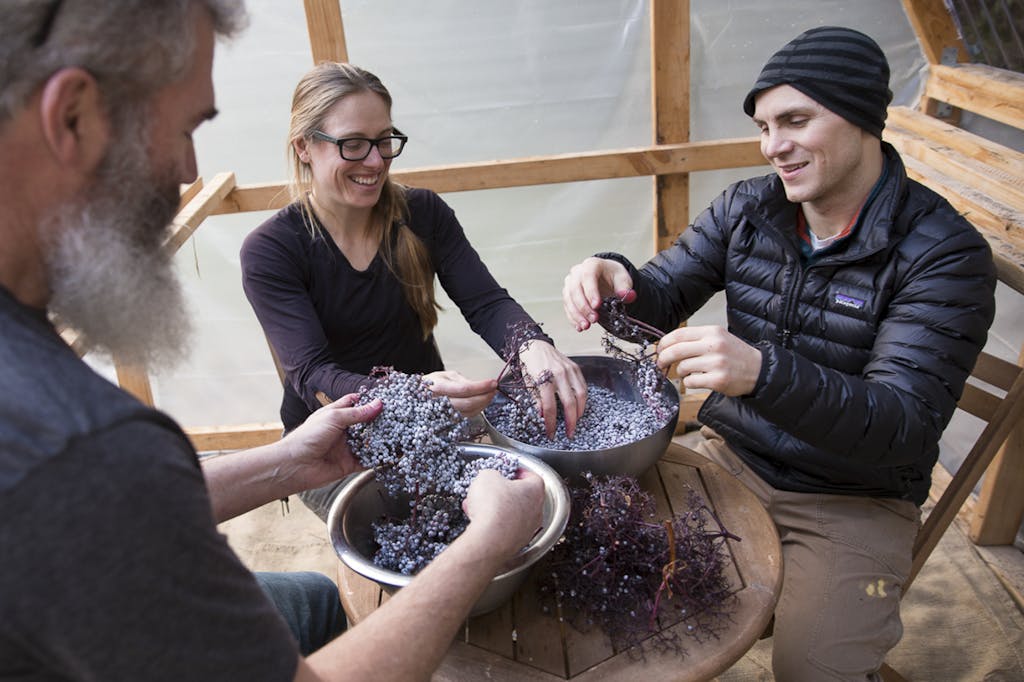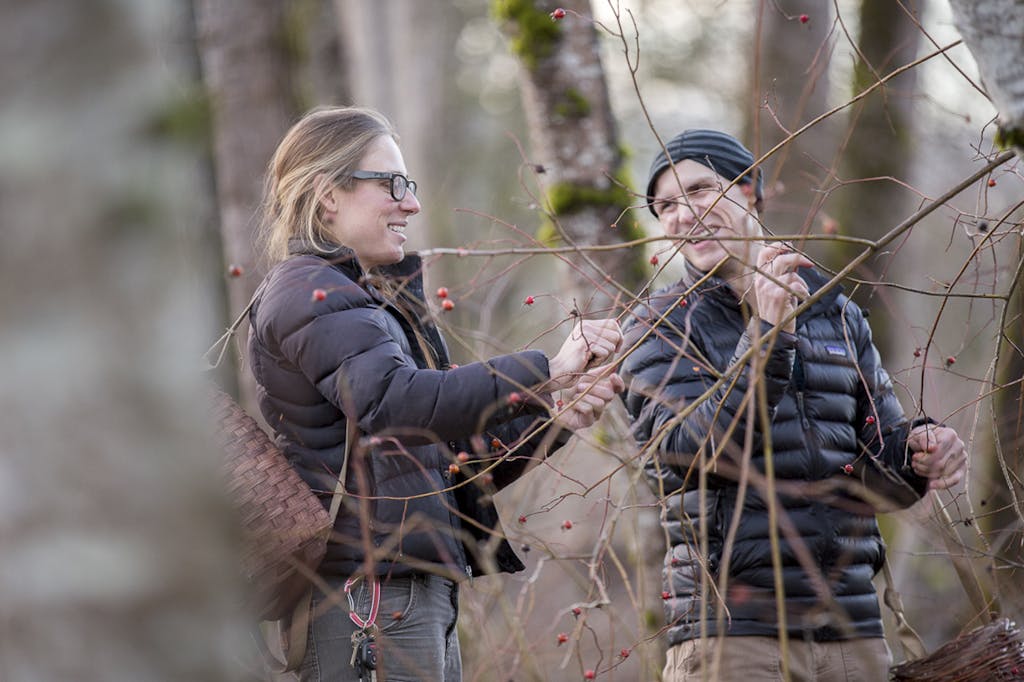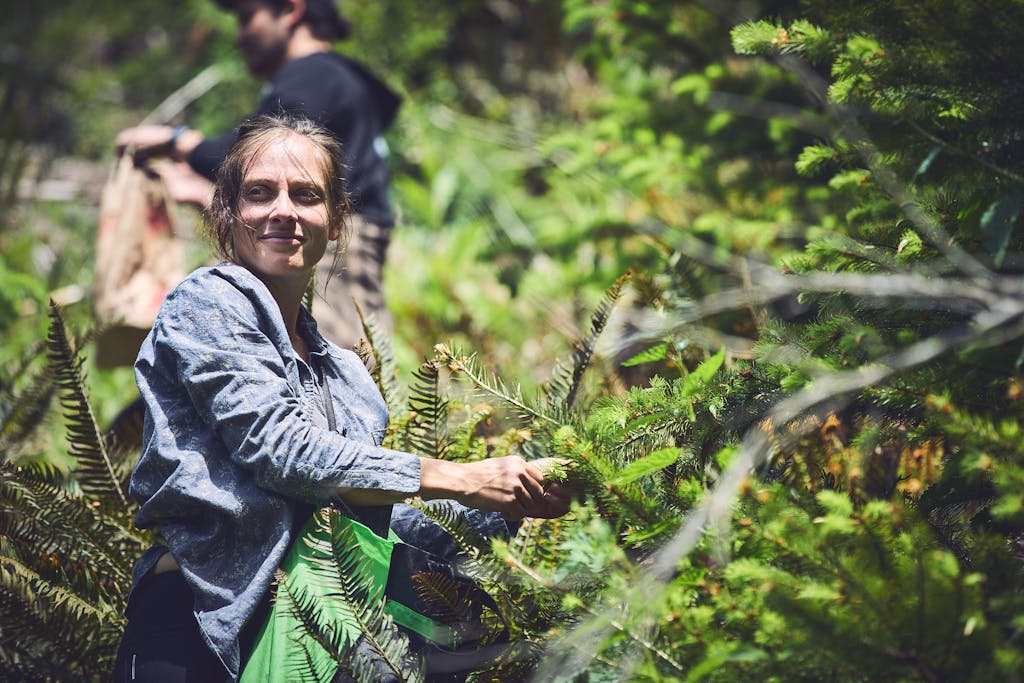Cultivate Cascadia
Chumstick Valley, WA
From the beginning, a main tenet of Fair Isle has been the importance of connecting to a sense of place and paying homage to our local ecosystems through beer. We always knew foraged ingredients from our home in Washington state would be integral to this philosophy. But with this, there is a true burden of responsibility – how can we harvest these ingredients the right way, while respecting the natural environment and ensuring our practices are sustainable?
A large part of being able to approach foraging ethically comes down to one person: Alex Harwell. Alex was actually a friend of Fair Isle before the brewery existed, and as a trained ethnobotanist with a deep knowledge of our surroundings and native edible plants, she is an irreplaceable resource for our foraging endeavors.
Harwell’s connection to place was sparked first by recreating – climbing, hiking, and many other outdoor activities instilled in her an appreciation for the natural world around us. But after gaining a degree in Environmental Studies and doing trail work in Washington, Oregon, and Idaho, this connection evolved. Working on trail crews and building a relationship with native plant life opened her eyes to the abundance of edible species.
One example of this was something close to home, a plant that surrounded her through childhood: “Growing up in Texas, we harvest pecans from pecan trees, but I didn’t even think about that as being a native plant to Texas that has modern day agricultural presence but also a deeper connection as a traditional food for the indigenous people of Texas for thousands of years.”

Eventually Harwell felt the desire to deepen her focus on ecology, and acquired a Masters in Environmental Horticulture and Restoration Ecology at University of Washington. As her Masters project, she began working with the Nisqually Tribe, and focusing on the connection of people and plants through the field of Ecological Restoration. This experience was pivotal, and showed her the full range of how native species can be used – whether as food, as medicine, or plant technology.
From here, Alex’s background informed a philosophy that fuels her work today. In 2016, she started work for the Snoqualmie Tribe’s Environmental and Natural Resources Department on the Restoration Team, focusing on restoring healthy ecosystems on the Tribe’s restoration sites. This encompasses a variety of tasks: planting and maintaining native and culturally significant plants; clearing sites for future restoration; and even improving watershed environments to encourage healthier wildlife within the rivers. One such example is restoring a historical Kokanee Salmon bearing stream to full health on the Zackuse Creek. The waters that these critically endangered fish once called home were degraded by modern development, but through this project, they can now take refuge in the restored habitat.
While her knowledge of plant identification and site management is helpful in planning restoration projects, Harwell strongly believes the hands-on aspect of maintaining these sites is critical.
“I firmly believe people need to be in the picture, really watching those plants,” she says. “Otherwise we don’t know what’s going on with our forests, if they are healthy, or what’s going on with our wildlife. I just think that’s the most sustainable path in restoration.”

Alex started her own company, Cultivate Cascadia, in part to sustainably forage for Fair Isle. Every edible plant she forages are species that are in abundance, and only harvested using non-invasive techniques that encourage these plant populations to thrive each growing season. Alex cuts the leaves from Fireweed in a way that allows the flower to continue seeding and growing throughout the rest of the season. She only takes a small amount of Doug Fir tips from each tree, leaving the majority to mature. When harvesting Elderberry, she only picks what are within arm’s reach – leaving much of the fruit on the 20-foot-tall trees undisturbed.
“The most important thing is to have a plan,” she says. “Harvest opportunistically, but you want to have a plan when you harvest so it’s intentional. It all comes back to intention.”
Many of our favorite beers featuring foraged ingredients wouldn’t be possible without Alex’s expertise, and we’re beyond grateful to have her on board to help us bring these projects to life. What she provides for us is integral to Fair Isle representing a clear sense of place – showcasing the amazing ingredients that Washington has to offer, while respecting and sustaining our natural ecosystems.

